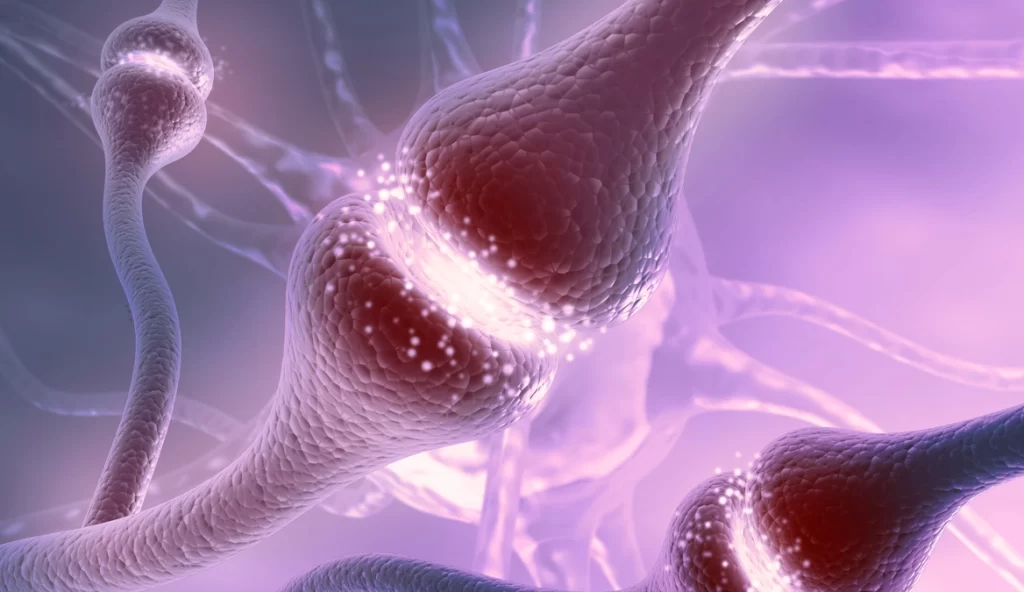“The greatest remedy for anger is delay.” — Seneca
I was reminded of this sage advice from Seneca on Insight Timer this morning, and it struck a chord with me. Anger is a powerful emotion that many of us experience, and it can be challenging to follow Seneca’s advice to delay our reactions. Personally, when I experience anger, my immediate impulse is to address the situation right away. However, I’ve learned through experience that reacting hastily often leads to regret and remorse rather than resolution and satisfaction. The wisdom in Seneca’s words is clear: delaying our reaction can help us handle anger more effectively. It’s a simple idea, but it can be incredibly difficult to practice.
Understanding Anger
To better understand anger, let’s refer to the Feelings Wheel. Anger is a core emotion that can manifest in various forms such as frustration, irritation, rage, and annoyance.
Anger opens a “CAN of Hormones”
 Physiologically, when we experience anger, our body undergoes significant changes. This response is part of what I describe as a “CAN of Hormones.”
Physiologically, when we experience anger, our body undergoes significant changes. This response is part of what I describe as a “CAN of Hormones.”
In my teachings on resilience (productive behaviors, thoughts, and actions that help us recover from setbacks and thrive during adversity) I talk about the #RANGEofResilience as our bandwidth to manage life’s stressors, similar to Siegel’s Window of Tolerance. When we encounter a stressor, our body can enter a state of hyperarousal (overwhelmed, anxious) or hypoarousal (disconnected, numb). Within our optimal performance range, the executive part of our brain (the rider) effectively manages tasks while our instinctual brain (the elephant) remains calm and prepared. However, during a stress response, such as when anger strikes, our body releases a “CAN” of hormones: Cortisol, Adrenaline, and Norepinephrine.
Hyperarousal and Anger
When our sympathetic nervous system is activated, we open a CAN of hormones and experience the “fight-or-flight” response. The amygdala, often referred to as “Amy the traffic cop,” detects threats and triggers this response. This results in a surge of cortisol, adrenaline, and norepinephrine, which prepare our body to face the perceived danger.
- Cortisol helps mobilize energy but can inhibit long-term memory storage and contribute to weight gain if levels remain high.
- Adrenaline increases heart rate and oxygen intake, preparing us for immediate action.
- Norepinephrine enhances alertness and reduces pain sensitivity.
These physiological changes are essential for short-term survival but can be detrimental if prolonged or triggered by non-life-threatening events.
The Power of Delay
Allowing time to pass when we feel angry can help mitigate these intense physiological responses. Here’s how delaying our reaction can make a difference:
- Metacognition: Taking time allows us to reflect on our thoughts and feelings, promoting self-awareness and rational decision-making.
- Hormonal Balance: Giving our body a chance to calm down helps equalize hormone levels and reduces the intensity of the stress response.
- New Information: Delaying a reaction can provide time for additional information to surface, potentially altering our perspective on the situation.
10 Recommendations to Help Manage Anger
Here are ten practical strategies to help you delay your reaction and manage anger effectively:
- Use the STOP Meditation: Stop/Slow Down, Take a Breath, Observe, Proceed.
- Practice Deep Breathing: Slow, deep breaths (1:1 or down-regulating) can help calm your nervous system.
- Count to Ten: Give yourself a brief pause before reacting.
- Engage in Physical Activity: Exercise can help dissipate excess adrenaline.
- Write It Down: Journaling your thoughts can help process your emotions.
- Take a Walk: Physical movement and a change of scenery can help shift your perspective.
- Listen to Music: Calming music can have a soothing effect on your mind and body.
- Practice Mindfulness: Focus on the present moment to reduce the impact of anger.
- Talk It Out: Discuss your feelings with a trusted friend or therapist.
- Use Positive Visualization: Imagine a peaceful scenario to help calm your mind.
Remember, anger is a natural emotion, but how we handle it makes all the difference. By practicing delay and using these strategies, we can manage our anger more effectively and make decisions we won’t regret.


